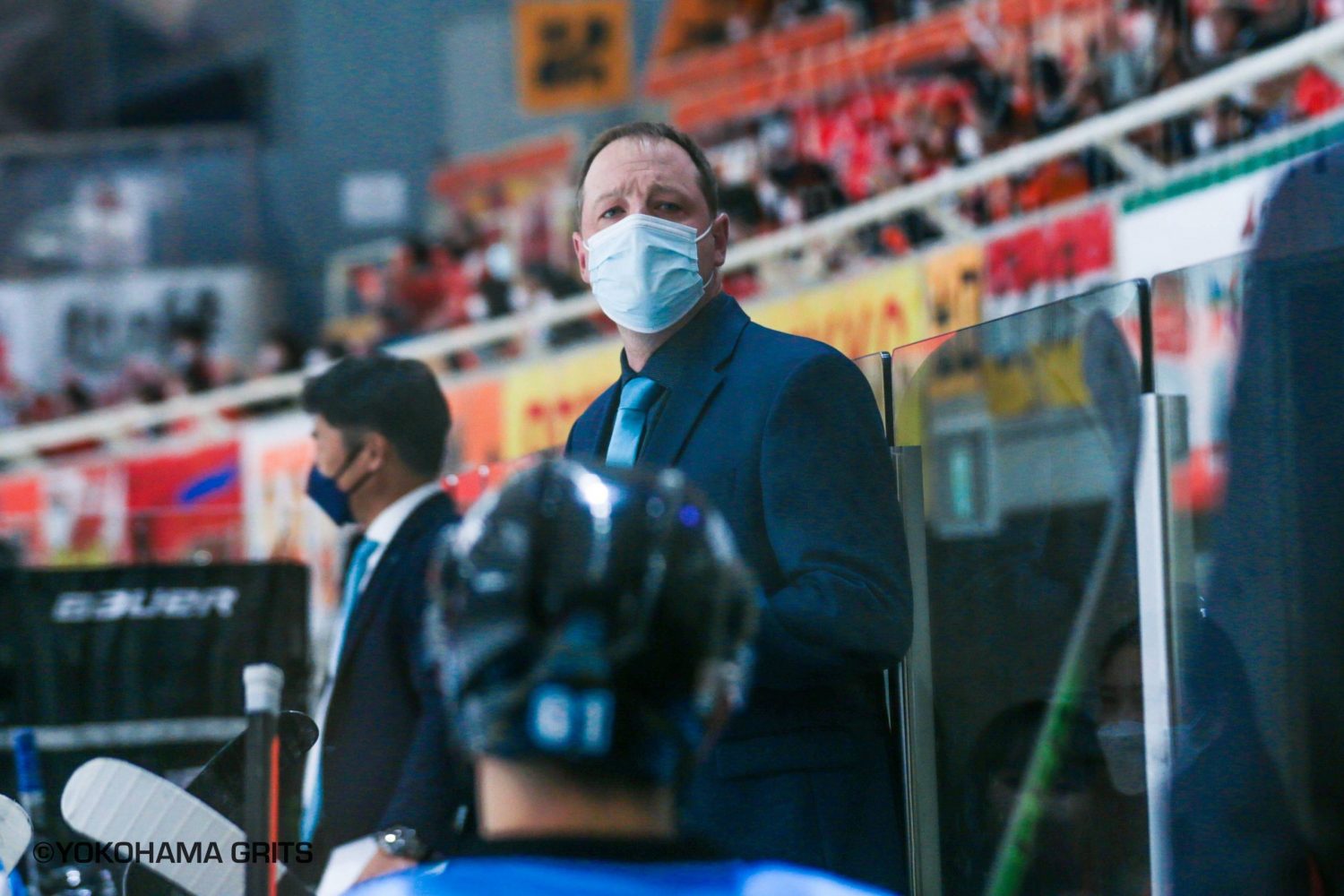
YOKOHAMA ― With a long history of coaching in some of hockey's more challenging locations, Jeff Flanagan is the perfect fit to take Japan's youngest professional team to the next level.
The 46-year-old Canadian was brought in this season to coach the Asia League Ice Hockey's Yokohama Grits, a 2020 expansion team that has struggled for wins in its first few seasons.
Flanagan has an impressive coaching resume that includes such far-flung locations as England, where he was an assistant coach with the Basingstoke Bison, and Italy, where he was head coach of Gherdeina in the Italian Hockey League.
A native of Stratford, Ontario, Flanagan also coached the now-defunct Toronto Furies, a professional women's team in the Canadian Women's Hockey League.
Perhaps his most famous posting was a 2009-10 stint as the coach of the ECHL's Johnstown Chiefs, the inspiration for the iconic hockey movie "Slap Shot."
But that was a long time ago. For now, Flanagan is laser-focused on getting the Grits up to speed in the Asia League Ice Hockey.
Grits Making Progress in 2022-23 Season
The team entered the league in 2020 and struggled to get into the win column with only two victories in their first two seasons, both coming in the 2021 Japan Cup competition.
Unlike any other team in the Asia League, the Grits face a considerable challenge in that all of their players must also hold full-time jobs.
As general manager Takashi Mikoshiba points out, it's hard to make a living solely on hockey in Japan so it's important to prepare the players for life after hockey.
That is definitely an admirable stance to take, but it doesn't make Flanagan's job any easier.
"It does take a bit of a toll on their mental fatigue," Flanagan said in a recent interview at the team's home rink, Shin-Yokohama Skate Center. "It affects us the odd times in our games, the fatigue is noticeable. It's not easy but they've all committed to doing it and they do the best they can."
Despite the heavy workload both on and off the ice, the team has started to show signs of improvement in the highly competitive six-team league.
The Grits have five wins so far this season (through December 11), which is a big improvement over the previous two seasons. Flanagan attributes the uptick to some improved recruiting.
"First and foremost, it was a good recruiting year for the team," Flanagan said. "Some very good young players were brought in with a lot of skill and a lot of upside.
"We also have two imports this year that are good players and good people. They fit in well with the group."
One of those imports, American forward Alex Rauter, leads the team in points with 25 (seven goals, 18 assists).
The team's leading Japanese point-getter is forward Kai Sugimoto, who has 11 goals and seven assists.
Targeting More Goals
What else has the first-year coach been working on? It may seem obvious, but trying to get the players to score more is a big priority.
"Something we've been talking about with our players is when you get in a position to score, you need to be selfish and try and score," Flanagan said.
It's a common refrain heard in Japan not only with hockey teams but in other sports like soccer as well. For whatever reason, there is a tendency for Japanese players to pass when they could take the scoring chance.
"Our players tend to want to pass that puck and then the opportunity is gone and no goals are scored," Flanagan added. "I think the skill level is there for our guys to be more scoring types of players, but it's just the mental side, getting them to say 'I'm in the position, I'm gonna take the chance.' "
Flanagan raises the example of a 2-on-1.
"Ninety percent of the time, you should shoot," the coach explains. "Of course, there are some technical things about it but if you are in that position of a 2-on-1, you have a better chance to score if you shoot than if you pass the puck."
Flanagan Says Japan Can Produce Future NHL Players
Just about every ice hockey coach who has come to Japan has been asked the following question: When will a Japanese player make it to the NHL and what impact will that have on the game here?
"I believe a Japanese player could make it in the NHL," said Flanagan. "The grassroots need to have a better structure in order for that to happen. Ice time is very limited here, the figure skaters really hold the hammer here, they get the good ice time.
"There are a lot of very skilled Japanese players. Overall, I haven't seen many slow players, so skill and speed are very good attributes of the Japanese player."
Flanagan compares the level of hockey in Japan to that of the ECHL or the upper levels of university hockey in the United States and Canada.
"Obviously, there are a couple of teams like the Red Eagles [Hokkaido] and [Anyang] Halla that are very good teams and they would be able to compete in the ECHL," he commented.
The Red Eagles won their second straight Japan Cup in March.
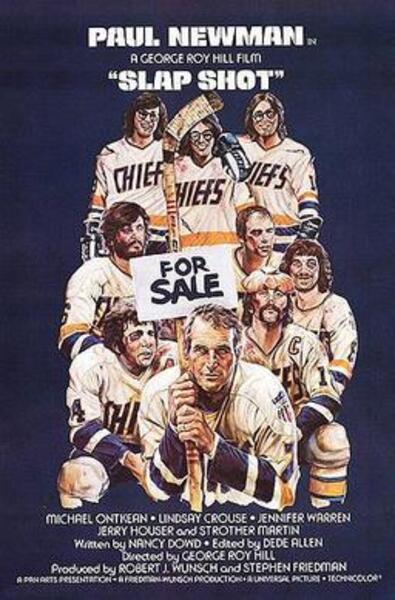
Fond Memories of Coaching the Chiefs
As for the Johnstown Chiefs, Flanagan looks back fondly on coaching a team that was the basis for the biggest hockey movie of all time and one of the biggest sports movies ever.
Flanagan coached the ECHL's Pennsylvania-based Chiefs in 2009-10 and says the spirit of Paul Newman's Reggie Dunlop and the Hanson Brothers from the 1977 hit movie was very much alive when he coached there. The team was known as the Charlestown Chiefs in the movie, and a lot of the movie was filmed in Johnstown.
"I was essentially the last coach of the Chiefs," Flanagan said. "When I was coaching there our owner was Neil Smith, the former GM of the [New York] Rangers, and we struggled and ― long story short ― they let me go in January and then Neil took over and then they moved the team the next year, just like in the movie."
The Chiefs relocated to South Carolina and the franchise became known as the Greenville Road Warriors.
How does Flanagan remember his season with the Chiefs?
"It was a lot of fun, I really enjoyed it there. One day we had Dave Hanson come in and give the guys a speech. He came in with his taped-up glasses and told the guys to put on the foil, all the stuff from the movie."
Jeff Flanagan
"I can watch the movie over and over again," he added.
Building a Foundation for the Future
For now, Flanagan seems pleased with the Grits' incremental progress. Building an expansion team into a contender can take years, if not decades.
The Grits are not the Vegas Golden Knights, who were gifted by a bunch of established NHLers and became a title contender almost overnight, reaching the Stanley Cup Final in their first season (2017-18).
Everyone involved with the Grits knows progress will take time but they are all committed to growing hockey in Yokohama and the Kanto region.
Meanwhile, the league is slowly but surely returning to pre-pandemic status.
After two years of a pared-down schedule that saw only teams in Japan competing against each other, the Asia League is back to international play that features South Korean team Anyang Halla.
The one Russian team, Sakhalin, has been left out of the competition this season.
Halla, coached by former NHL player Jim Paek, is in first place with a record of 20-6.
The Grits are currently 5-19, tied with the Tohoku Free Blades.
Yokohama was originally coached by former NHLer Mike Kennedy, who was instrumental in bringing Flanagan over to Japan.
Background on Hockey's History in Japan
Hockey has been popular for a long time in Hokkaido Prefecture, but the sport struggles for attention in other parts of Japan where baseball and soccer dominate.
The Japan Ice Hockey Championships have been contested since 1933, and the Japan Ice Hockey League was the national league from 1966 to 2004.
In 2003, the Asia League was formed following the struggles of the Japan Ice Hockey League and the folding of the Korean Ice Hockey League. The league was originally made up of five teams but has had as many as nine.
In April 2020, the Grits were founded by the Grits Sports Innovators Corporation. Akihito Usui, CEO of IT start-up Cmapper, an app and website development company founded in 2013, is the driving force behind the team.
RELATED:
Author: Jim Armstrong
The author is a longtime journalist who has covered sports in Japan for over 25 years. You can find his articles here.

Nagoya Basho Tournament Records
| Day | Opponent | Result |
|---|
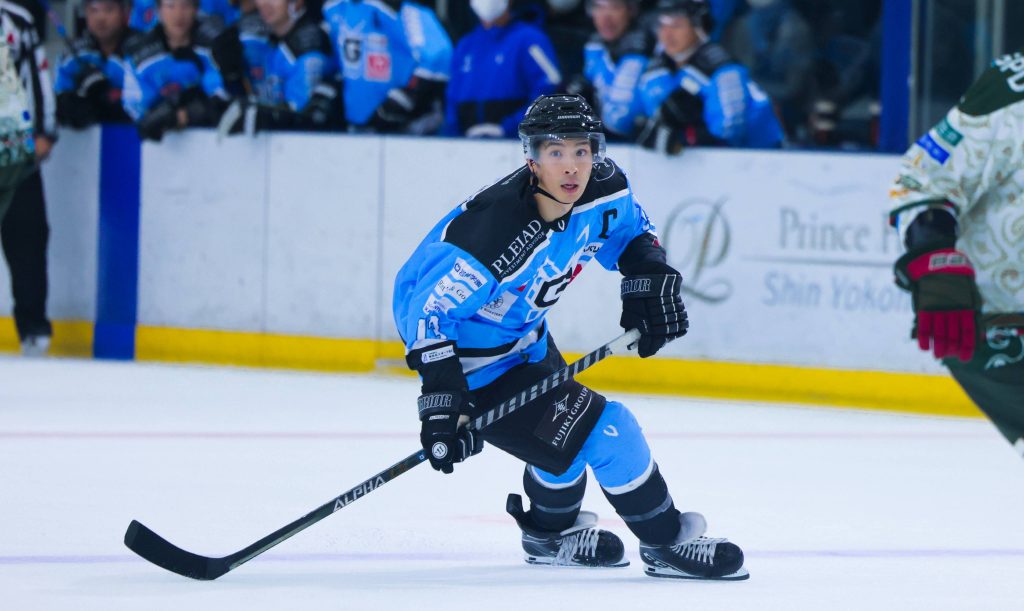
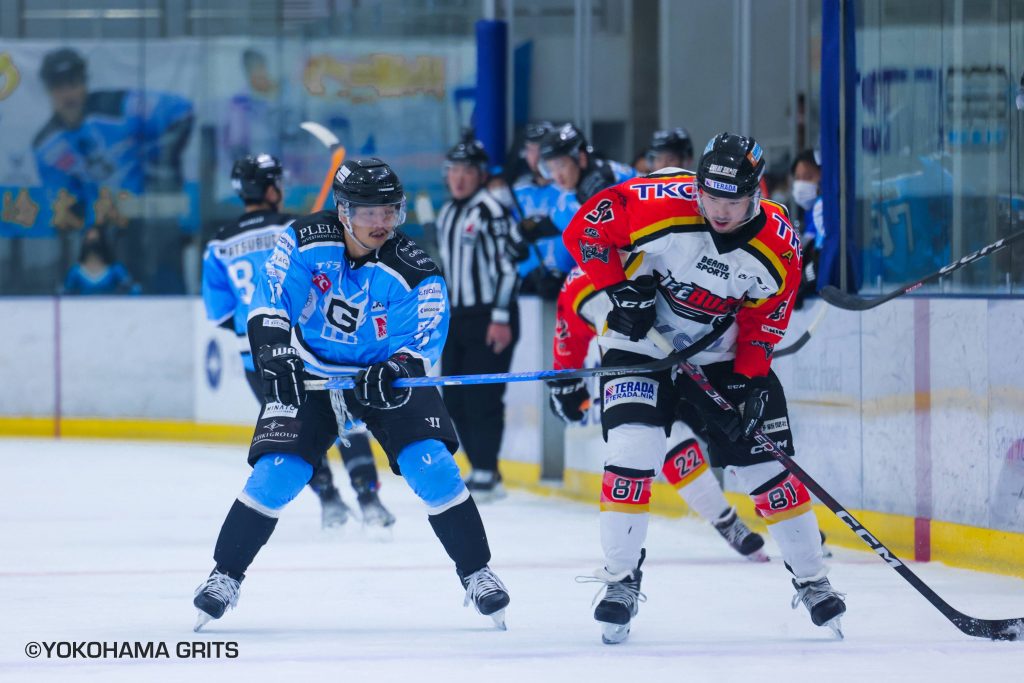
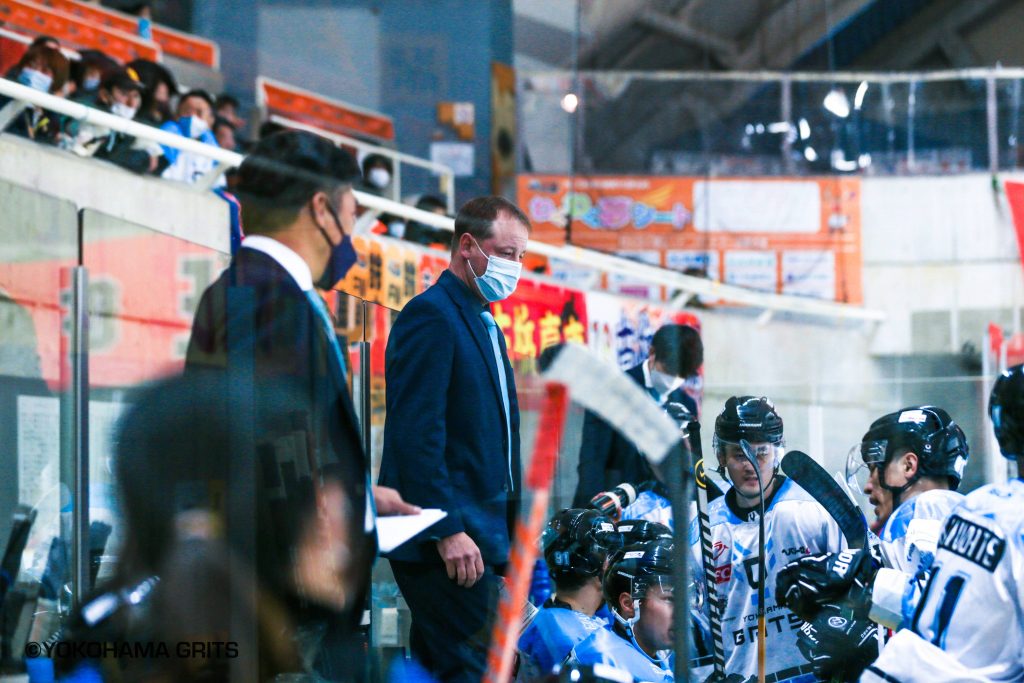
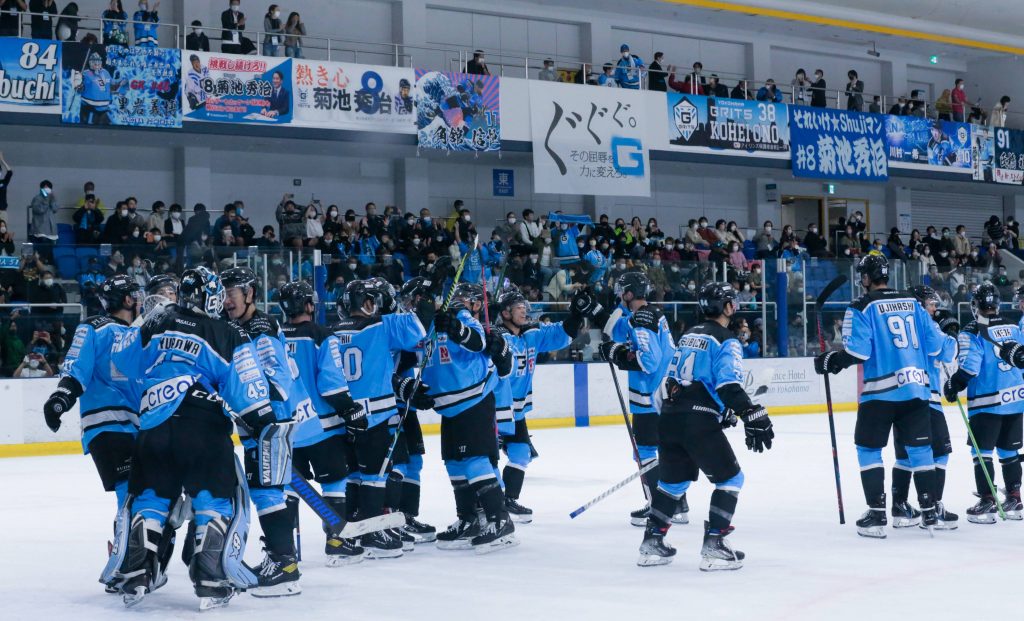












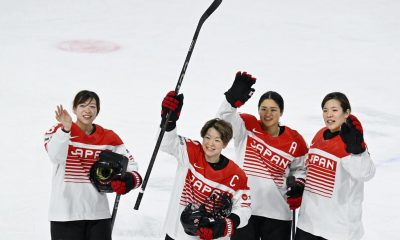

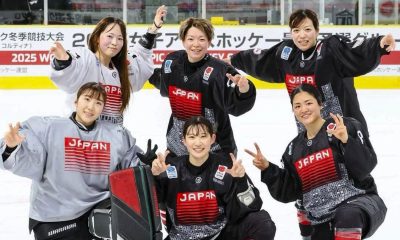

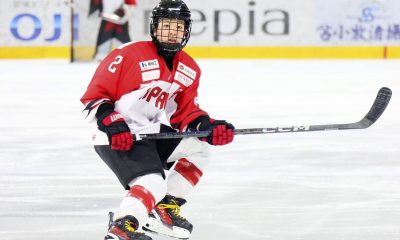

You must be logged in to post a comment Login